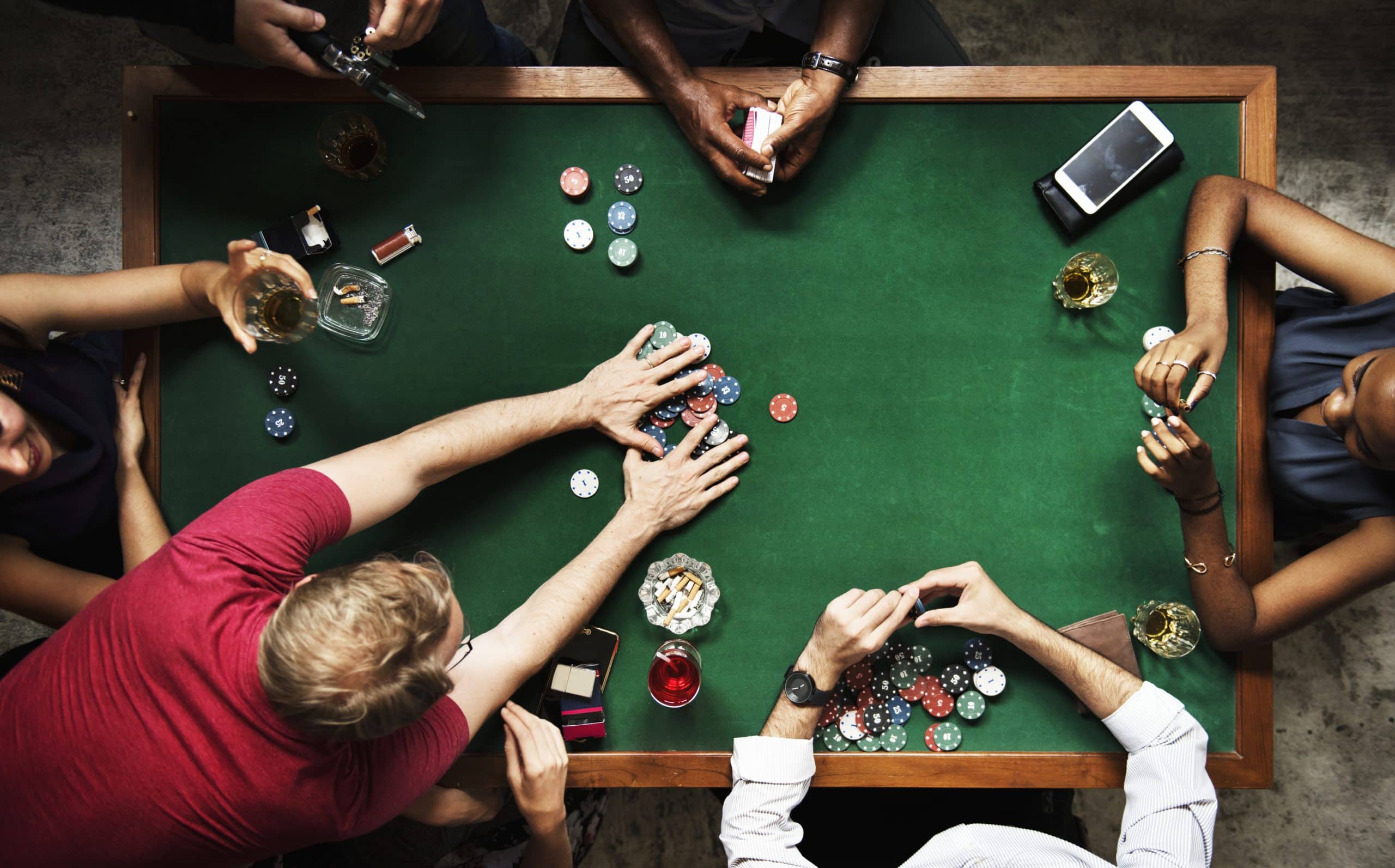Socializing a puppy is a critical part of a dog’s upbringing. It shapes how they interact with the world around them, from their fellow canine friends to the people in their lives. But, it’s not just about throwing your puppy into different experiences and hoping for the best. There is a systematic and effective approach that can be taken, particularly when it comes to socializing your new pet with two unique demographic groups: elderly people and children. This article will delve into the best strategy to accomplish this.
Understanding the Importance of Puppy Socialization
The first few months of a puppy’s life are crucial in determining their behavior as an adult. During this time, puppies are highly impressionable, and their experiences will shape how they interact with the world throughout their life. This is why it’s so important to expose them to a variety of people, places, and situations.
A voir aussi : How to Choose Eco-Friendly Bedding for Your Gerbil’s Enclosure?
Socializing your puppy with a diverse range of individuals, including children and elderly people, will not only help them become a well-rounded adult dog, but it will also foster a positive relationship with these groups. Proper puppy socialization can help prevent behavioral issues, such as aggression or fear, in the future.
How to Socialize a Puppy with Elderly People
Elderly people and dogs often share a special bond. However, puppies, with their boundless energy and unpredictable behavior, can at times be overwhelming for older individuals. Therefore, it’s essential to take a measured approach to socializing your puppy with elderly people.
Cela peut vous intéresser : What’s the Best Method to Safely Trim the Claws of a Skittish Cat?
To start, always supervise interactions between your puppy and an elderly person. Puppies are still learning about their bite inhibition and might not understand how fragile older people can be. It’s crucial that they learn to be gentle. Introduce your puppy to elderly people gradually, starting with calm and quiet interactions.
Promote positive experiences by encouraging the elderly individual to engage in gentle play or give your puppy a treat if the puppy behaves well. This will help your puppy associate elderly people with positive experiences.
Gradually increase the time your dog spends with elderly people. This slow introduction will help your puppy understand that elderly people are a normal part of their social sphere.
The Importance of Training in Puppy Socialization
Training is a critical component of puppy socialization. Whether it’s learning basic commands or more advanced behavioral training, it provides a solid foundation to help your puppy interact positively with different people, including children and the elderly.
Training your puppy can also be a bonding experience between the two of you. It builds trust and mutual respect, which are important in ensuring positive interactions with other people. Focus on teaching your puppy basic commands like "sit", "stay", and "come". These commands not only establish good manners but can also keep your puppy safe during social interactions.
Remember to always use positive reinforcement when training your puppy. This means rewarding good behavior with treats, praise, or playtime. Negative reinforcement can lead to fear and anxiety, which can hinder the socialization process.
How to Socialize a Puppy with Children
Children often form strong attachments to pets, and the relationship can be beneficial for both. However, children, especially young ones, are not always aware of how to behave around a puppy. Their loud voices and sudden movements can startle a puppy, and they might not understand why pulling a puppy’s tail is not a good idea.
When introducing your puppy to children, start with calm and quiet interactions. Teach your child how to appropriately pet and handle the puppy. Monitor their interactions closely to ensure safety on both ends. Also, encourage your child to engage in playtime with the puppy using appropriate toys.
Gradually increase the time your puppy spends with children, and introduce them to children of various ages. This will help your puppy become comfortable with children and their unpredictable nature.
Promoting Positive Experiences in Puppy Socialization
At the heart of puppy socialization is the creation of positive experiences. When your puppy associates a person or situation with positive feelings, they’re more likely to behave well in similar situations in the future. This goes for socializing with both elderly people and children.
A successful socialization process is one that’s gradual and controlled. Avoid overwhelming your puppy with too many new experiences at once. Instead, gradually introduce them to new people, environments, and situations.
Incorporate rewards in the socialization process. Treats, praise, and playtime work well as positive reinforcements. When your puppy behaves appropriately during a social interaction, reward them. This will encourage them to repeat the behavior.
Remember, patience is key in the socialization process. It’s a gradual process that takes time. But with persistence, your puppy will learn to be comfortable around a variety of people, including children and the elderly.
Maintaining a Balanced Approach to Puppy Socialization
Maintaining a balanced approach during puppy socialization is crucial. This approach includes gradually introducing your puppy to various experiences, ensuring they feel comfortable and safe at all times. This balanced approach is essential in helping your puppy grow into a well-adjusted adult dog.
One key factor to remember is not to rush the process. Pushing your puppy into uncomfortable or frightening situations can lead to behavioral problems in the future. Instead, allow your puppy to explore new experiences in a controlled and safe manner. For instance, let them observe children playing from a distance before allowing direct interaction.
This approach doesn’t only apply to socializing your puppy with people. It’s also important when introducing your puppy to other dogs or experiences, such as dog parks or dog sports. Always observe the body language of your dog during such interactions. if the puppy appears stressed or anxious, it might be better to remove them from the situation and try again another time.
To ensure a smooth socialization process, consider enrolling your puppy in socialization classes. These classes provide a structured environment where your puppy can interact with other puppies and people under the guidance of a professional. Remember, the first few weeks of age are vital in your puppy’s socialization period, and you should take the time to introduce new experiences gradually and positively.
The Role of Consistency in Puppy Socialization
When it comes to socializing your puppy, consistency is key. A consistent approach helps your puppy understand what is expected of them, promoting a sense of security and confidence. Consistency in interactions with elderly people, children, other dogs, and in different environments can contribute to positive dog behavior.
Creating a routine during the socialization period can be beneficial. For instance, regular visits to grandparents or puppy classes can give the puppy a sense of order. This routine helps the puppy understand that these interactions are a normal part of their life.
Further, consistency in rewards and commands used during training is crucial. If you’re teaching your puppy to sit, use the same command each time and reward them consistently when they obey. This consistency helps strengthen the association between the command, the action, and the reward.
Finally, it’s important to note that everyone in the household should be on the same page regarding the training and socialization of the puppy. Different people giving different commands or rewarding different behaviors can confuse the puppy and hinder the socialization process.
Conclusion
Socializing a puppy is a critical part of their upbringing that sets the foundation for their future behavior and interactions. Understanding the importance of puppy socialization and taking the right approach can significantly impact how your puppy interacts with elderly people, children, other dogs, and the world around them.
Remember, socializing a puppy is not a one-size-fits-all process. Each puppy is unique and might react differently to various situations and people. Incorporating a balanced and consistent approach, focusing on creating positive experiences, and maintaining patience during the socialization period can help nurture your puppy into a well-adjusted adult dog.
From the initial stages of puppy socialization to continued training as they mature, it’s a journey that requires dedication and patience. But the reward of having a well-behaved, confident, and sociable adult dog makes it all worth it. Keep fostering positive experiences for your puppy, and you’ll not only help them to grow but also strengthen the bond between you.











